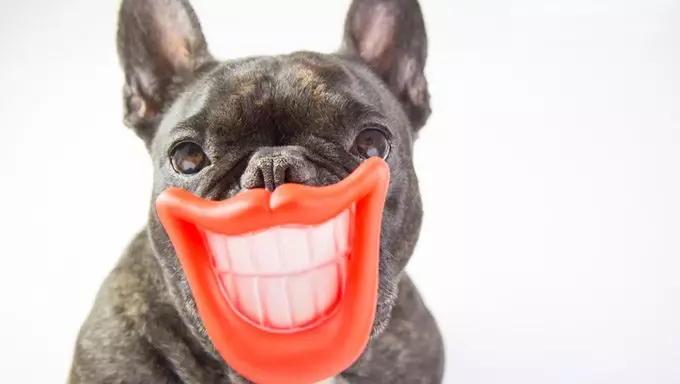Many dog owners often overlook an essential aspect of their pet’s overall health: dental hygiene. While it may be uncomfortable to confront, the reality is that poor dental health in dogs can lead to serious, sometimes fatal conditions. Dental disease is not just an inconvenience; it can compromise a dog’s quality of life and, ultimately, longevity. Veterinarians increasingly identify dental issues as a leading cause of health problems in dogs, underscoring the urgent need for owners to pay closer attention to their pets’ oral care.
Recognizing the Signs of Dental Trouble
One of the most common indicators of dental issues in dogs is bad breath. While all of us have experienced occasional unpleasant odors, chronic bad breath—known scientifically as halitosis—often points to underlying dental diseases, such as periodontal disease or oral infections. Early detection is critical because these conditions can escalate into more severe health problems, including heart and kidney diseases. Pet owners should remain vigilant for signs beyond bad breath, including changes in appetite, excessive drooling, or difficulty in eating, as these symptoms could signal a greater concern that requires immediate veterinary attention.
While some dog owners resort to quick fixes to mask bad breath, such as breath freshening treats or dental sprays, this approach should only serve as a temporary measure. Covering up the odor without addressing the root cause can lead to more significant health issues down the line. For instance, regularly brushing your dog’s teeth, providing dental-specific treats, and scheduling routine veterinary checkups are proactive measures that can keep infections at bay.
Additionally, pet owners should be cautious about DIY remedies. Natural solutions, while seemingly harmless, can sometimes have unintended effects. Hence, it’s crucial to consult a veterinarian before introducing any home remedies. Your vet will not only guide you in choosing safe and effective options but may also recommend professional cleaning or specialized dental diets tailored to your dog’s needs.
To promote optimal dental health for dogs, establishing a consistent oral care routine is essential. This can include daily tooth brushing, the use of dental chews, and providing chew toys designed to reduce plaque and tartar. Moreover, regular vet visits for dental cleanings are critical. Oftentimes, dental cleanings at a clinic can uncover problems that might go unnoticed during routine home care.
By prioritizing dental health, pet owners are not just addressing bad breath but are enhancing their furry friends’ overall well-being. After all, a dog with healthy teeth and gums is likely to lead a happier, more active life.
While it may be awkward to acknowledge, dogs can indeed suffer from bad breath, and addressing this concern requires serious attention. By understanding the implications of poor dental health and committing to a regular dental maintenance routine, owners can contribute significantly to their pets’ health and happiness. So, take action today—make that vet appointment, brush those teeth, and enjoy the companionship of a dog that not only looks great but feels great too!

